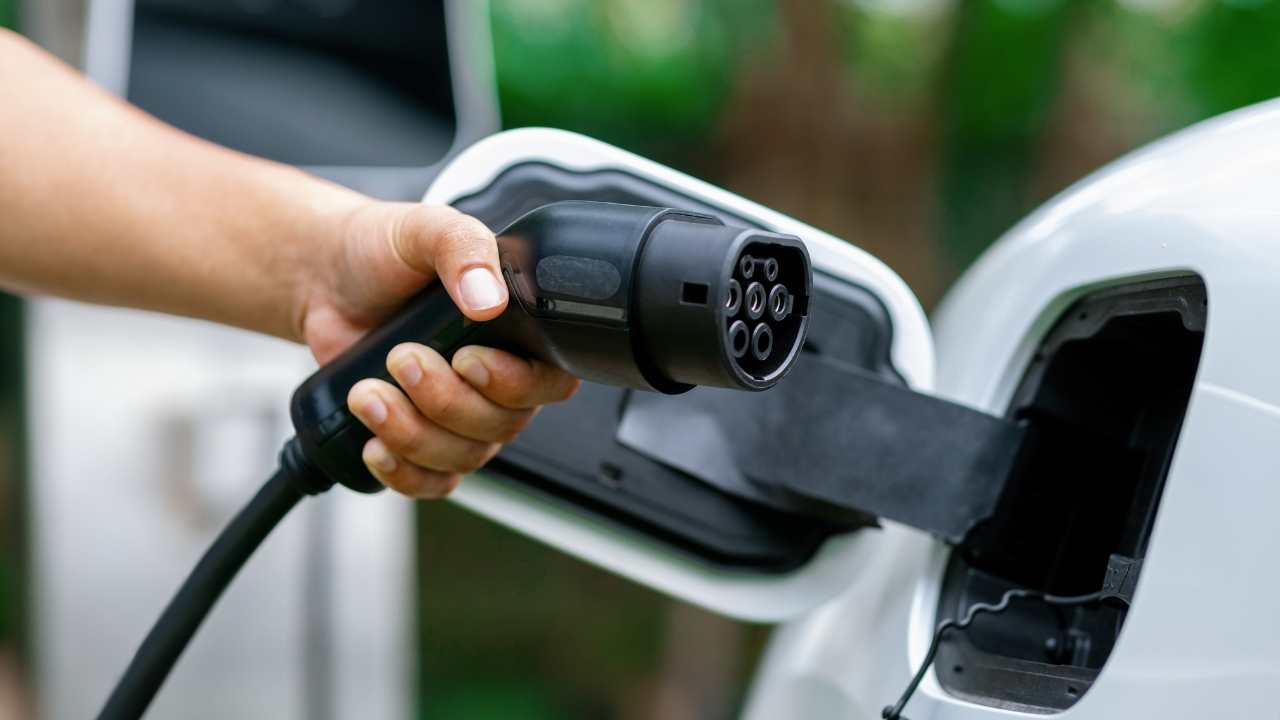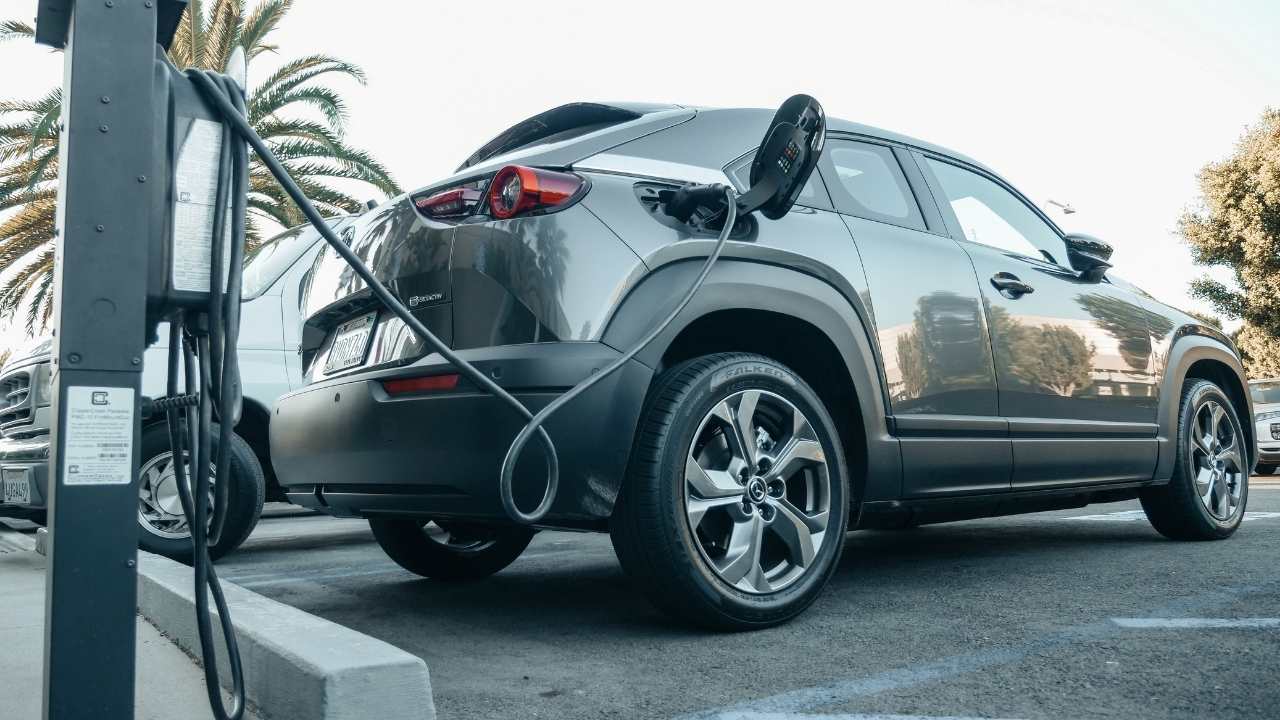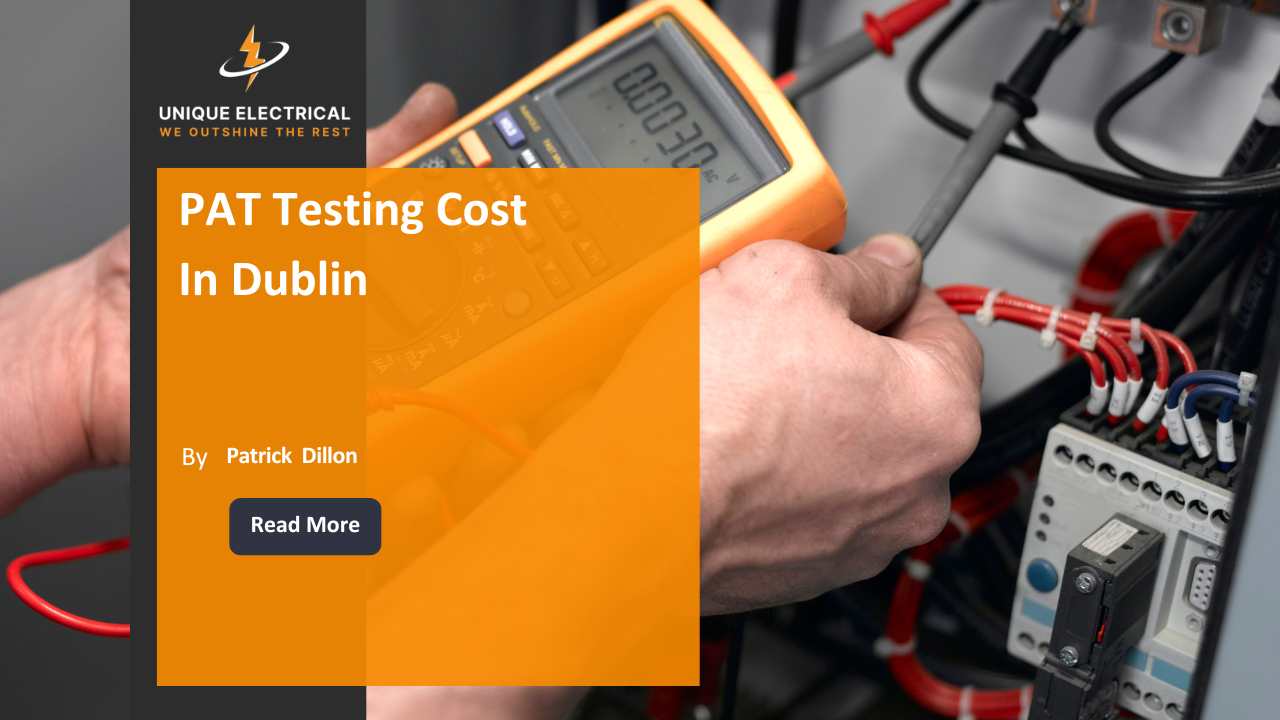Installing a home EV charger is an increasingly popular choice for drivers who want lower running costs and the convenience of charging at home. In Ireland, understanding the price of an EV charger is an important first step. Costs can vary depending on equipment type, installation requirements, and available supports.
From charger units and installation work to government grants and long-term savings, several elements influence the overall cost of switching to home charging. Without clear information, it can be difficult to know what to budget for or which option is right for your home.
In this blog, we’ll explain how much EV chargers cost in Ireland, explore the main factors affecting price, outline available grants, and share ways to reduce costs.
Let’s start!
What Influences the Cost of a Home EV Charger?
Several practical factors determine how much you will pay for an EV charger at home, from the charger’s specification to the complexity of the installation.
Charger Power Rating
Home chargers usually range from 7.4kW to 22kW, with higher outputs charging faster but costing more. Choosing the right power level depends on your vehicle and home electrical capacity.
Tethered or Untethered Unit
Some chargers come with a fixed cable, while others use a separate lead. Tethered options are often more convenient but tend to be slightly higher in price.
Installation Requirements
Installation costs can vary based on charger location, cable runs, grounding needs, and any upgrades required to your electrical system.
Smart Features and Displays

Many modern chargers include app control or built-in screens. These features add convenience but can increase the overall cost.
How Much Do EV Chargers Cost in Ireland?
The total price of installing a home EV charger in Ireland depends on the charger’s power output and how straightforward the installation is. Different models and capacities carry different price tags, and electrical upgrades may be needed in some homes.
On average, it could cost between €700 and €1,300 to install a home EV charging unit. This makes home charging far more accessible, especially compared to ongoing public charging costs over time. Homeowners should always obtain quotes to understand the precise costs for their property.
What Are The EV Charger Grants Available in Ireland?
Homeowners in Ireland can reduce the cost of EV charger installation thanks to government-backed support. In 2026, the Sustainable Energy Authority of Ireland offered a grant of up to €300 to help cover both the charger unit and installation work.
This support is not limited to current electric vehicle owners, as applicants can qualify even if they are preparing for a future EV purchase. The scheme is also extended to certain apartment and multi-unit developments where shared charging infrastructure is in place.
By using this grant, households can make EV charging at home more affordable while planning ahead for cleaner transport.
How to Cut Costs with Home EV Charging?
Charging your electric vehicle at home can deliver clear financial benefits compared to petrol or diesel driving. In 2026, SEAI estimates showed that EV drivers who charge mostly at home spend less than half the cost of diesel and around one-third of petrol costs. These figures are based on drivers completing about 90 percent of charging at home and only 10 percent using public chargers.
Savings can increase further by switching to an EV electricity tariff with cheaper night rates. Over a year, this makes home charging one of the most affordable ways to run an electric car in Ireland.
Why Installing a Home EV Charger Makes Sense?

Switching to home EV charging brings practical, financial, and environmental advantages. It gives you more control over how and when you charge, while also reducing long-term running costs.
For many households, it is a simple upgrade that supports cleaner travel and better daily convenience.
Lower Charging Costs at Home
Charging your EV at home is typically cheaper than relying on public charge points. You can take advantage of off-peak electricity rates to further reduce costs.
Over time, this can make a noticeable difference to your overall motoring expenses. It also removes the uncertainty of changing public charging prices.
Everyday Freedom and Ease
A home charger allows you to plug in whenever it suits your routine. There is no need to plan trips around available public chargers.
Your vehicle can charge overnight and be ready each morning. This level of control makes EV ownership easier.
A Greener Way to Drive
Electric vehicles produce fewer emissions than petrol or diesel cars. Charging at home supports cleaner energy use and lowers your carbon footprint.
This contributes to improved air quality in your area. It is a practical step towards more sustainable transport choices.
Using Solar Power for Charging
Home EV chargers can be paired with solar panel systems. This allows you to use self-generated electricity to charge your car.
It reduces reliance on the grid and lowers running costs even further. Over time, this setup can deliver strong long-term savings.
Conclusion
The cost of a home EV charger is more than the unit itself. As covered throughout this guide, pricing in Ireland is influenced by charger power, installation requirements, smart features, and available SEAI grants, all balanced against long-term savings from home charging. Choosing the right setup ensures reliable performance, better value, and lower running costs over time.
If you are weighing up how much EV chargers cost in Ireland, professional advice can make the decision far simpler. Contact Unique Electrical today and take the next step towards convenient and cost-effective EV charging at home.












